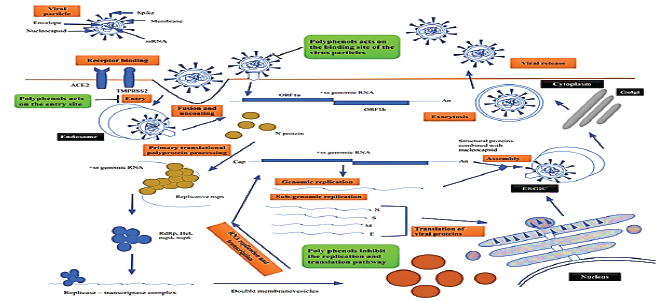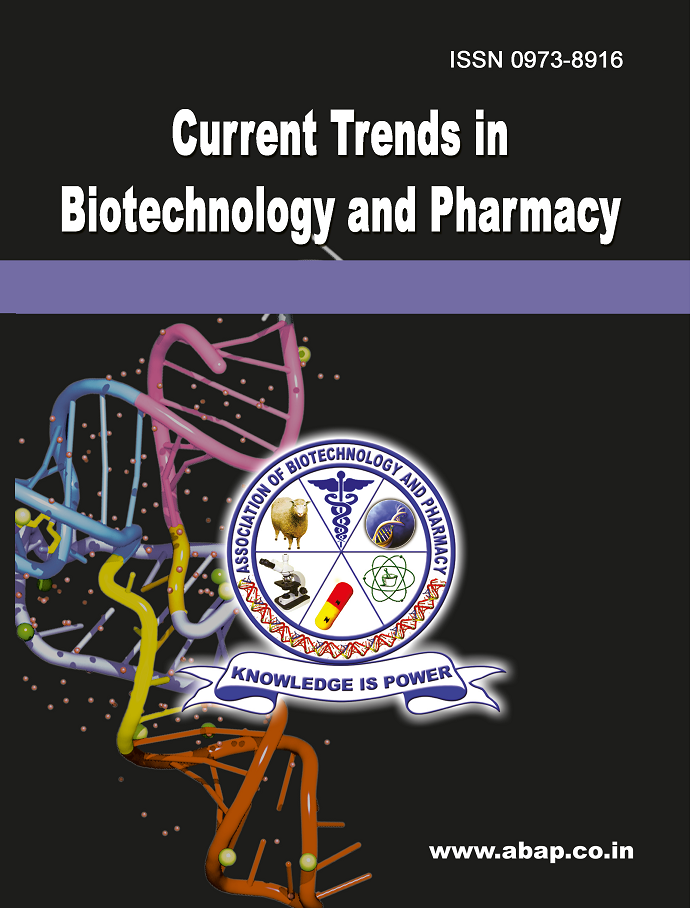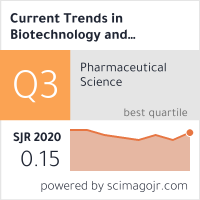Analyzing the Immunomodulatory Effects of Tea Poly- Phenols and in management of COVID-19
DOI:
https://doi.org/10.5530/ctbp.2024.4.46Keywords:
Covid-19, viral infections, tea polyphenols, EGCG, theaflavinsAbstract
This study primarily aims to co-relate the health benefits of tea intake, an accessory dietary supplement as a preventive remedy against COVID-19 and the inclusion of derivatized polyphenols in addition to the alcohol based anti-viral disinfectants providing increased longevity. A methodical exploration of databases such as ScienceDirect, Taylor & Francis Online, and Google Scholar was conducted using a variety of keyword combinations. The abstracts of all the retrieved results were scrutinized, and any studies deemed irrelevant were excluded from further assessment. Tea Polyphenols have been known to contain several defensive phytochemical compounds namely catechins, theaflavins, tannins and flavonoids. Amongst these, catechins more particularly, Epigallocatechin gallate (EGCG), a major component of green tea along with its lipophilic derivatives and theaflavins from black tea account for additional biological significance. Recent literature and molecular simulation studies have reported their potency as anti-viral agents with their effectiveness against the SARS-CoV-2, commonly known as the novel coronavirus, causing global pandemic with several deaths worldwide. Further, we emphasize on the need to explore polyphenolic compounds as adjuvants with the approved class of drugs employed for combating the severe acute respiratory syndrome (SARS) virus. This would aid in developing a novel class of drugs with plant-based compounds adding to the cumulative effect against the viral infections. Although, EGCG has been studied extensively, in vitro, and in vivo clinical studies with respect to its anti-viral capability would necessarily provide a new horizon to the scientific and medical fraternity in formulating drugs with a higher ratio of natural to the synthetic counterparts, thereby decreasing toxicity.



